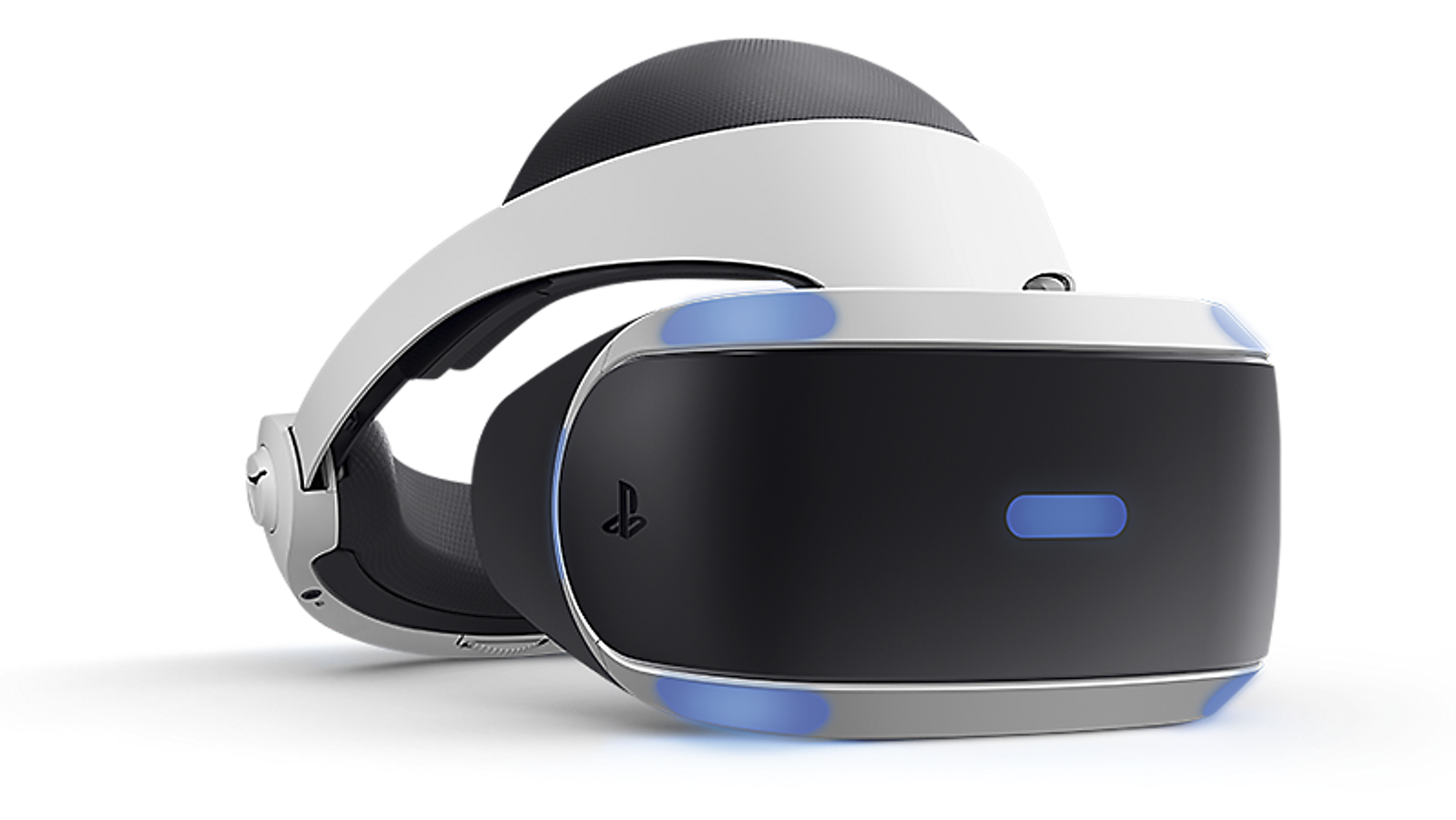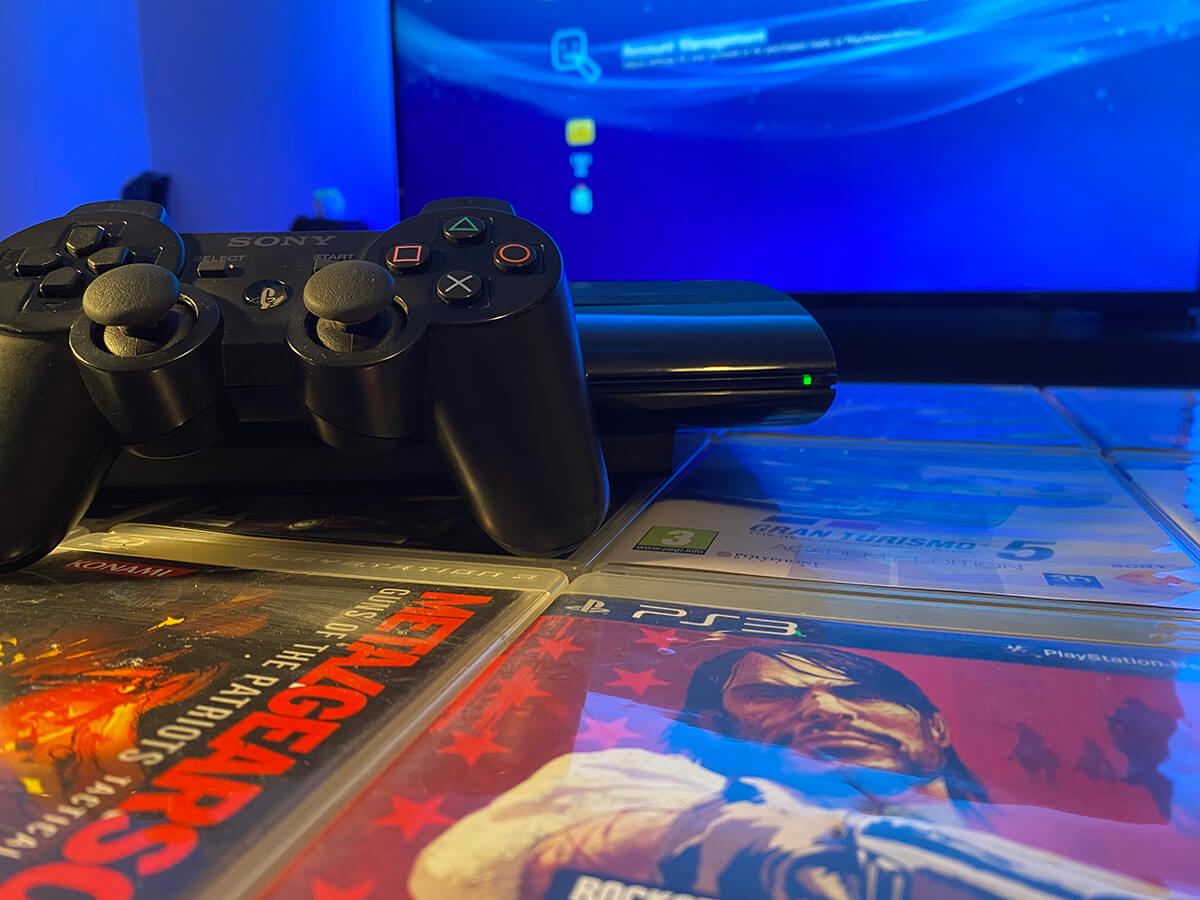Expanding the Audiences for High-Quality Virtual Reality Experiences
PlayStation VR has delivered many critically acclaimed exclusive virtual reality titles since its launch in 2016. However, the high costs of entry have meant that only a subset of gamers have been able to experience these innovative VR games. As the VR industry continues to grow and gaming hardware becomes more powerful, some enthusiasts have begun exploring new ways to bring PSVR games to wider audiences. While technical and legal limitations remain, pushing the boundaries could one day open up more options for all fans to enjoy innovative VR content wherever and however they please.
Overcoming Platform Barriers with Emulation
For gamers without PlayStation consoles, being able to play acclaimed PSVR exclusives like Resident Evil 7, Astro Bot: Rescue Mission, and Moss on more accessible systems seems like an enticing proposition. Some have experimented with emulation software and controller remapping to run PlayStation VR games on high-end PCs. However, accurately recreating the intricate sensor tracking and latency optimizations relied upon heavily presents immense technical challenges. Porting the games’ complex code to new architectures would require reconstructing large portions to maintain the intended immersive experience.

Limitations of Drive Emulation and Controller Remapping
Another hypothesized method involved downloading PSVR games onto external drives and connecting them to PCs. However, Sony encrypts its virtual reality software specifically for PlayStation systems. Games simply may not function correctly outside their intended environment. Controller remapping faces similar issues, as sensor tracking data and positional inputs essential to VR gameplay could not be accurately translated to alternative input devices. While workarounds aim to expand access, faithfully recreating Sony’s integrated hardware and software tuning seems an immense task.
The Performance Pitfalls of PlayStation VR Emulation
PSVR titles are built from the ground up exclusively for PlayStation consoles utilizing Sony’s optimizatons. Porting the intricate real-time rendering, sensor processing, and game logic to unfamiliar hardware poses major challenges. Latency tolerances, aspect ratios, framerates and more have been carefully tailored for a consistent experience on approved PlayStation systems. Attempting to transplant games onto different platforms risks introducing instability, bugs, and changes that alter intended gameplay. Even with computational advances, accurately replicating proprietary optimizations remains an elusive goal.
Legal Gray Areas in Emulation and Game Distribution
While emulation itself is legally tolerated, distributing copyrighted software without permission raises intellectual property concerns. As with console gaming, PSVR developers license their games specifically for approved Sony systems. Attempting to run commercially released games on unsupported architectures could undermine this business model. Some argue fair use for personal backups, but distributing copies online widely invites legal challenges from rights holders. With emulation, the technical and legal issues are intertwined, requiring nuanced discussions around innovation and protecting creative works.
Ensuring a Safe and Supported Gaming Experience
Forcing unsupported software onto non-verified hardware risks compromising system stability or corrupting files. Bugs and crashes could regularly prevent intended functionality. While workarounds aim to expand options, gambling compatibility comes with uncertainties. Gamers seeking the highest quality virtual reality may have to invest in official PlayStation equipment eventually. Patience allows enjoying innovative PSVR content as developers intended, supporting continued creation of compelling VR games. Excessive tinkering risks user frustration over broken or altered experiences.
Pursuing Alternative Platform Access through Official Channels
As virtual reality matures, gaming platforms continue evolving together. While technical challenges remain, official support from developers and hardware partners could one day open alternative legal access paths. PlayStation and Oculus have pioneered high-profile VR games that could attract larger audiences on open PC platforms. Industry leaders may cooperate to expand user bases if economic merits emerge. Enthusiasts pushing technical boundaries inspire innovation, but developers retaining creative control ensures high standards. Cooperation between hardware, software and law could bring about acceptable compromise supporting innovations gamers dream of.
Building Toward a Universal Virtual Reality Future
As VR gaming expands, common software and hardware standards may emerge allowing multi-platform adaptability. Technologies like the OpenVR platform aim to establish compatibility across VR systems. Sony’s PlayStation VR2 headset hints at future integration between console and PC ecosystems. Advancing emulation could help preserve older games, providing developers share code willingly. With cooperation between industries and respect for creative works, envisioned scenarios for universally accessible VR content may become reality. For now, patience and supporting official releases seem the surest path toward an inclusive virtual reality future all can freely explore together safely.
 Why the PlayStation 3 is still worth owning in 2022
Why the PlayStation 3 is still worth owning in 2022